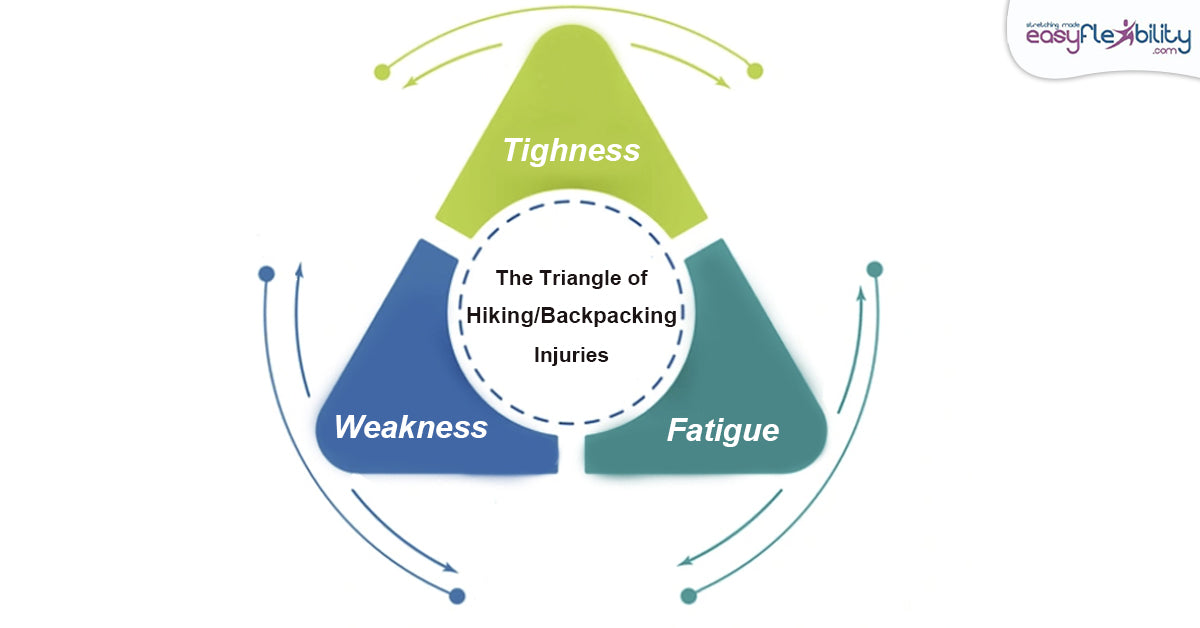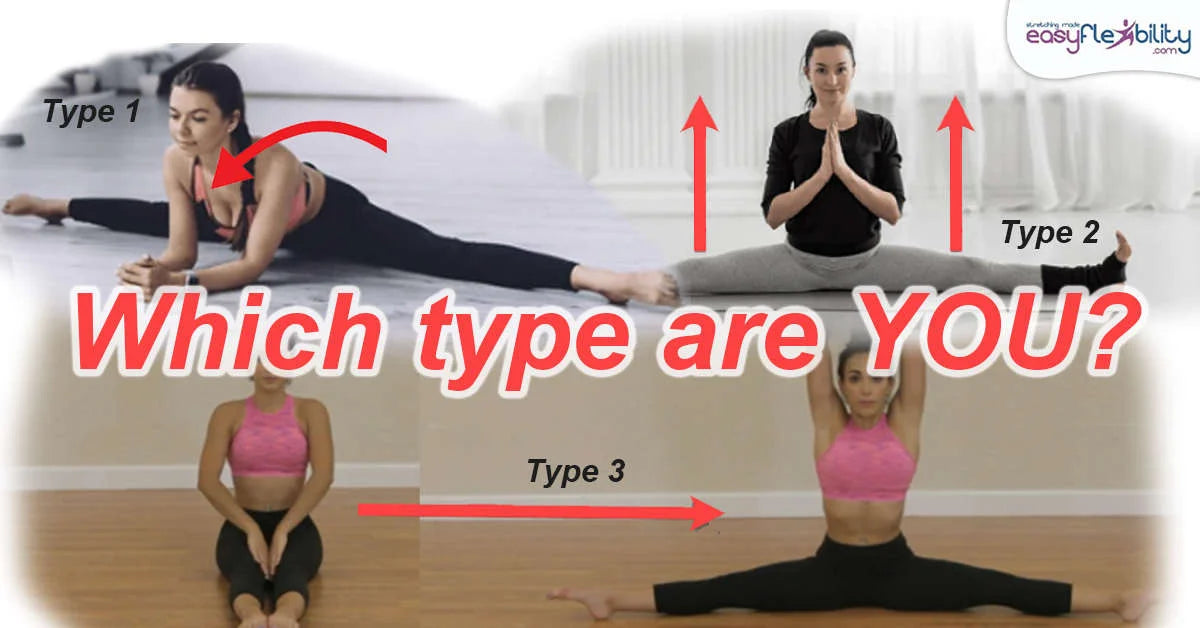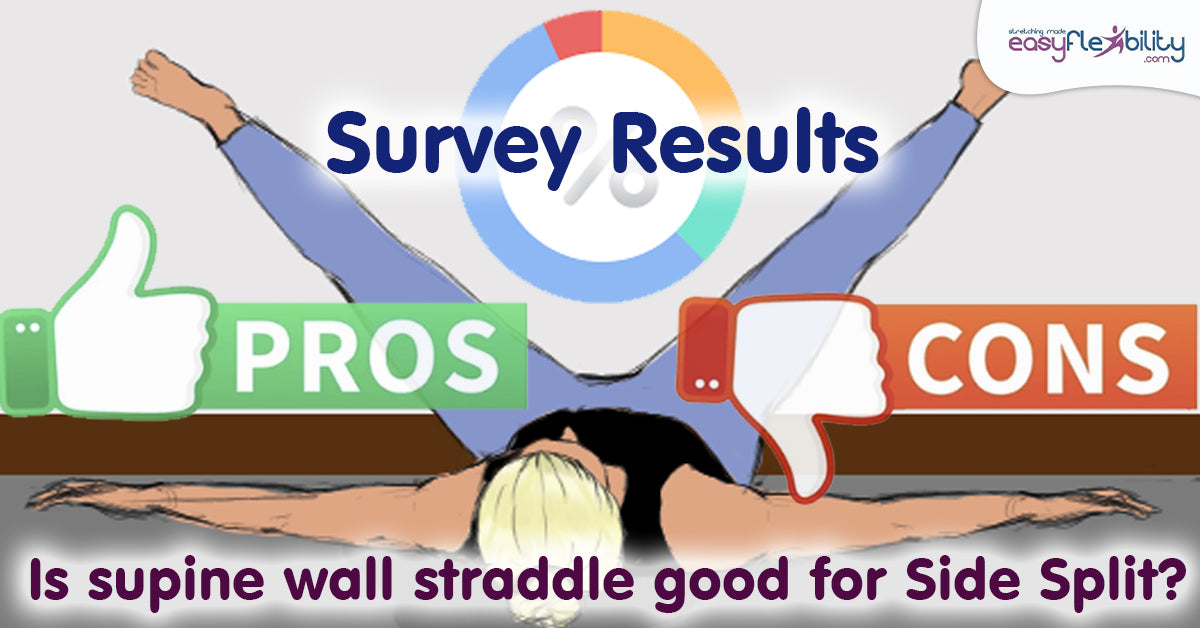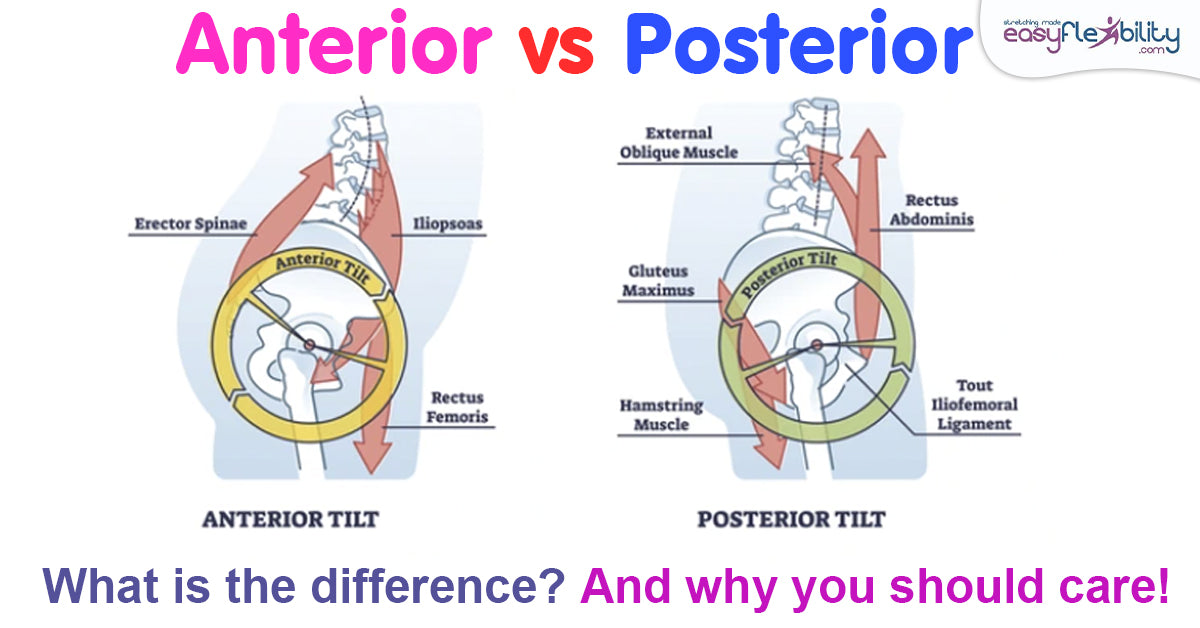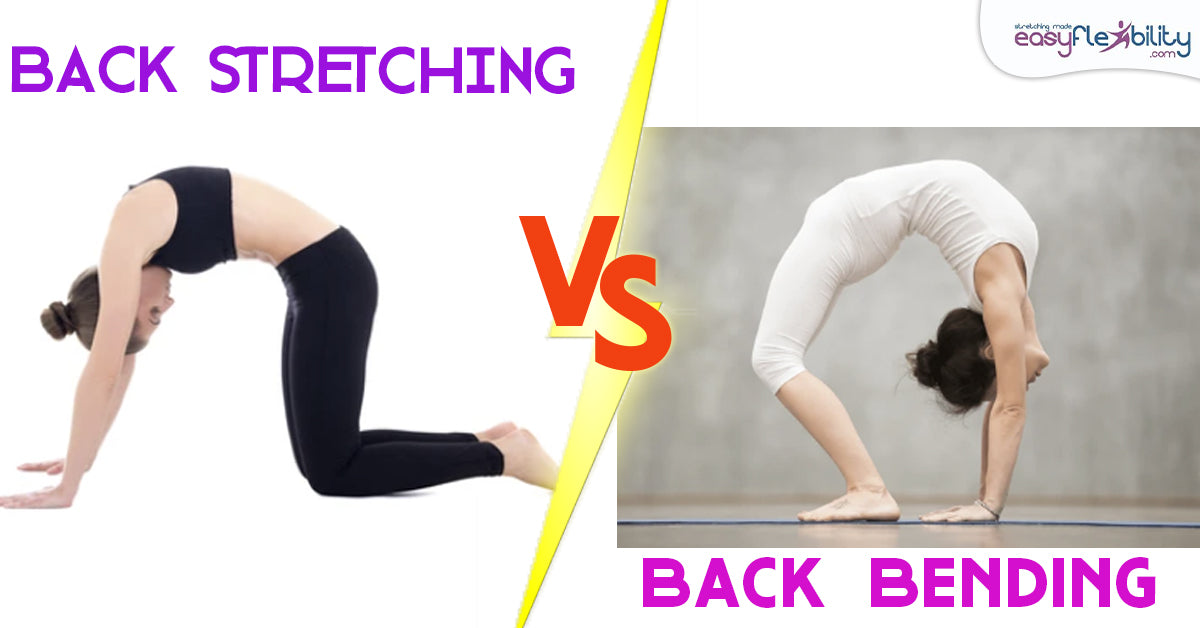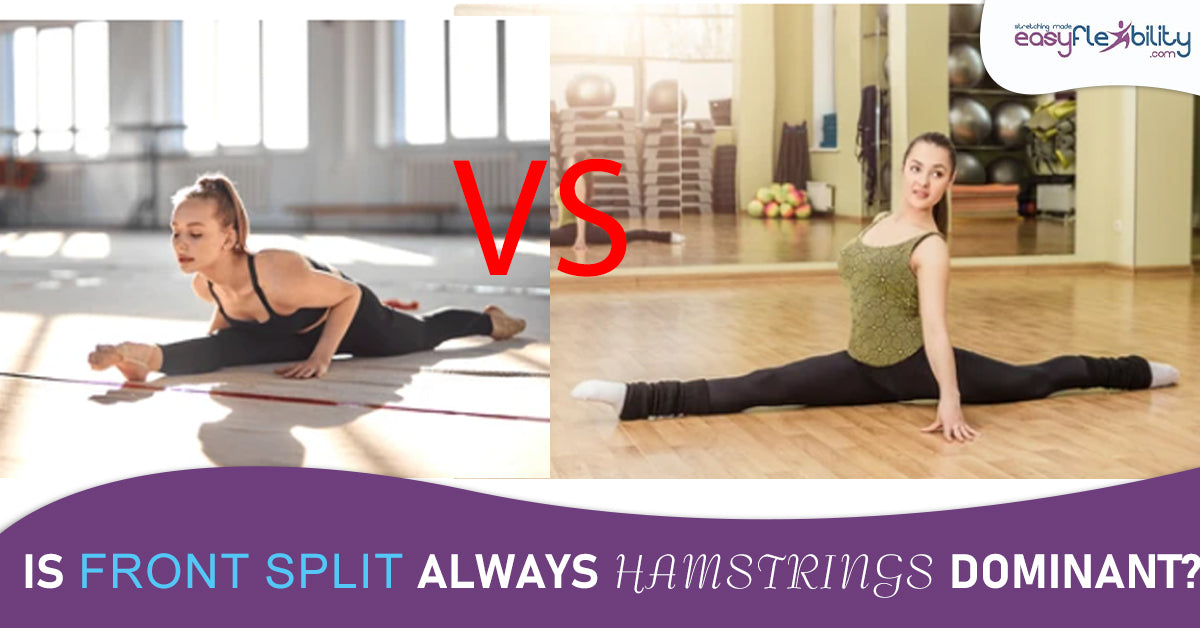Regular Relaxed Stretches vs Zaichik Stretching Using Wrist Flexion and False Grip As An Example
Posted by EasyFlexibility Team on
There are a number of differences between standard stretching techniques and Zaichik Stretching techniques.
- The most obvious feature is the fact that the Zaichik Stretching technique use a concept of Target and Leverage. Taking advantage of the fact that each muscle is unique and is responsible for a specific sum of actions on one or more joints.
However today's video is demonstrating an advantage of using Zaichik stretching to achieve a skill, as opposed to using standard stretching techniques.
Wrist flexion is used an example. More specifically a gymnastics skill called False Grip, part of which is a well developed anatomical flexion of the wrist and fingers.
Without exploring the kinesiology, on the surface it looks like the thumb movers have no association with the skill. However as the video explains, two muscles that move the thumb also extend the wrist. Neglecting to address them, can hold back the progression of the skill.
Same principle applies to many other skills.
The video explains.
Do you want to feel the difference between Zaichik Stretching Method and standard stretches?
Get your EasyFlexibility Training Certification and gain access to a full and detailed Kinesiological explanation for every muscle in the human body. All of our Zaichik Stretching techniques are specific to individual muscles, focusing on their primary actions.
This seminar is applicable to any sport or physical activity with lessons arranged along the basic positions commonly used to group muscle actions, thus the lessons are divided into exercises to improve:
- Back bending.
- Forward bending.
- Lateral bending.
- Overhead arm movement (shoulder flexion).
- Shoulder and wrist extension.
Plus a lesson on methodology, the science of Zaichik Stretching, and possible variations and modalities to each exercise.
What we are offering to you is a proper method:
- A map that will guide you step by step till you reach your goal.
- It will give you the necessary preparation so that you don't get injured.
- It will adjust to your own particular needs the moment you start training and on the way when you "hit a plateau", and when you are almost there to give you that extra thrust.
- It will tell you what to do so you keep the progress you obtain in a training session.
- It will develop your flexibility and strength at the same time so the new flexibility range you acquire will be functional and applicable to leg lifts, kicks, jumping splits sort of techniques, dance, gymnastics, yoga, cheerleading, martial arts techniques and so on.
- It will guarantee that you reach your goal safely in a timely manner.
Click here to learn more about the EasyFlexibility Training Certification!
Check out what other customers are saying about the EasyFlexibility Training Certification!
© ElasticSteel Corp., EasyFlexibility, Paul Zaichik, et. El., 2022. No part of the materials available through ElasticSteel.com, EasyFlexiiblity.com, site may be copied, photocopied, reproduced, translated or reduced to any electronic medium or machine-readable form, in whole or in part, without prior written consent of Paul Zaichik EasyFlexibility.com, Elasticsteel.com.. Any other reproduction in any form without the permission of Paul Zaichik EasyFlexibility.com, Elasticsteel.com is prohibited. All materials contained on this site are protected by United States copyright law and may not be reproduced, distributed, transmitted, displayed, published or broadcast without the prior written permission of Paul Zaichik, EasyFlexibility.com, Elasticsteel.com.
Share this post
0 comment





